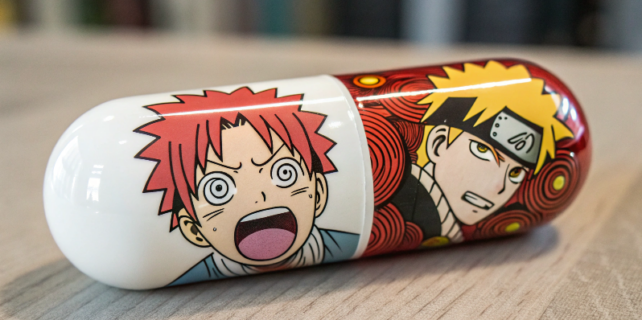Filter Pipette Tips: Enhancing Accuracy and Reliability in Liquid Handling
The precision of liquid handling is crucial in scientific research and clinical diagnostics. Introducing filtered pipette tips has revolutionised how laboratories conduct experiments, ensuring accuracy and preventing cross-contamination.
These specialised tips enhance experimental outcomes and streamline workflows in numerous research settings. Some companies provide the best filters, significantly improving laboratory procedures’ integrity and reliability. For example, you can buy a pipette tips filter at Pathtech.
The Role of Filtered Pipette Tips in Modern Laboratories
Filtered pipette tips are equipped with a barrier that prevents aerosols and fluids from contaminating the pipette shaft and subsequent samples. This is crucial in applications like PCR, microbiology, and forensic testing, where even minute contaminants can skew results.
These pointers preserve sample integrity by adding protection, guaranteeing that every test or assay produces accurate findings. These barriers also protect the integrity of the pipette itself, extending its usability and reducing maintenance costs.
Laboratories benefit from increased confidence in their experimental results and improved overall efficiency. Enhanced protection against contamination fosters more accurate research outcomes and supports rigorous scientific inquiry.
Advancements in Material and Design
The design and material of filtered pipette tips have seen significant advancements over the years. Manufacturers utilise hydrophobic materials to construct the filters, effectively repelling moisture and airborne particles. This design minimises the risk of sample dilution and ensures that each pipette action remains accurate and free of external interference.
Moreover, the ergonomic design of these tips reduces physical strain on users, facilitating ease of use during repetitive procedures.
Recent innovations include adjustable filter density to accommodate different fluid viscosities and improvements in plastic, making the tips more durable and resistant to chemical wear. This optimises performance across a broad range of laboratory applications.
Cost-Effectiveness and Laboratory Efficiency
While the initial cost of filtered pipette nozzles may be higher than that of their non-filtered counterparts, the long-term savings are considerable. By reducing the likelihood of cross-contamination, these nozzles diminish the need for repeated experiments, saving both time and resources.
Furthermore, the consistency they bring to experimental procedures reduces the variability in results, enhancing the overall efficiency of research and testing processes. Laboratories also benefit from streamlined inventory management, as using filtered pipette nozzles minimises the need for multiple types of nozzles for different applications.
This simplifies ordering processes and minimises the risk of stock shortages, further contributing to cost-effectiveness and operational efficiency.
Applications in Sensitive Experiments
Filtered pipette nozzles prove invaluable in environments where preventing DNA, RNA, and enzyme contamination is critical. They are essential in molecular biology labs where techniques such as qPCR and next-generation sequencing are performed. These nozzles ensure that each component remains uncontaminated, thus safeguarding genetic analysis and research accuracy.
Additionally, filtered pipette nozzles play a vital role in cell culture work, where maintaining sterility is paramount. Their use minimises the risk of introducing contaminants that could compromise cell viability and experimental results.
This ensures the reliability and reproducibility of cell-based assays and experiments, supporting advances in biomedical research and drug discovery.
Sustainability and Waste Reduction
Adopting filtered pipette tips also aligns with the growing trend towards sustainable lab practices. By reducing the need for retests and the amount of waste generated, these tips contribute to more environmentally friendly lab operations. Many of these products are made from recyclable materials,
reducing their environmental impact. Additionally, using filtered pipette tips minimises the consumption of disposable plasticware, such as disposable pipettes and sample tubes.
This reduces the overall carbon footprint of laboratory activities and supports efforts to minimise plastic waste in scientific research.
Some companies provide the best filters. For example, try finding the pipette tips filter at Pathtech . This can enhance the accuracy and reliability of liquid handling but also contributes significantly to the efficiency and sustainability of laboratory operations.
Their role in modern scientific research and diagnostics is crucial, providing the precision necessary for groundbreaking discoveries and innovations.









